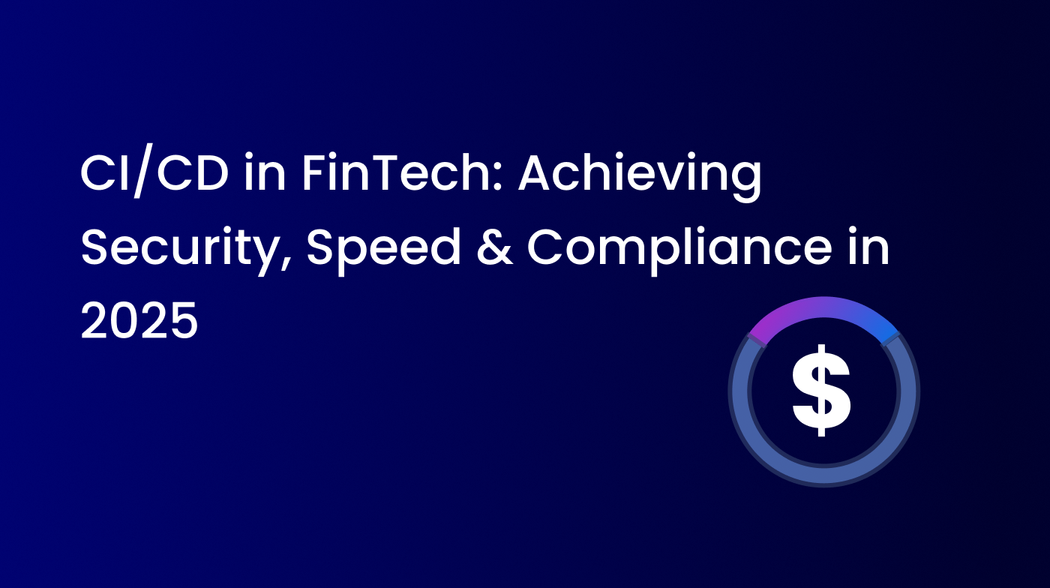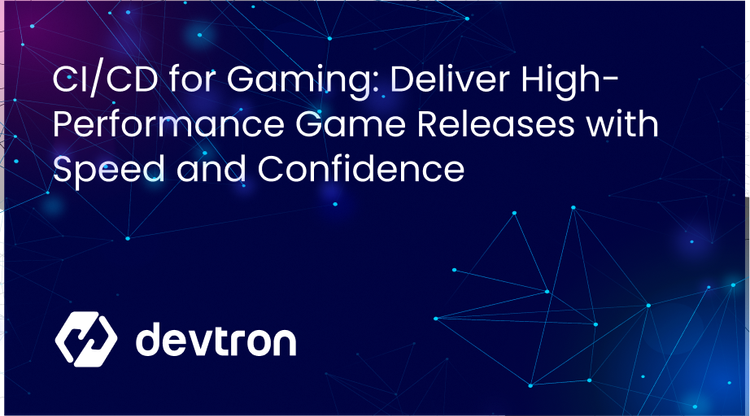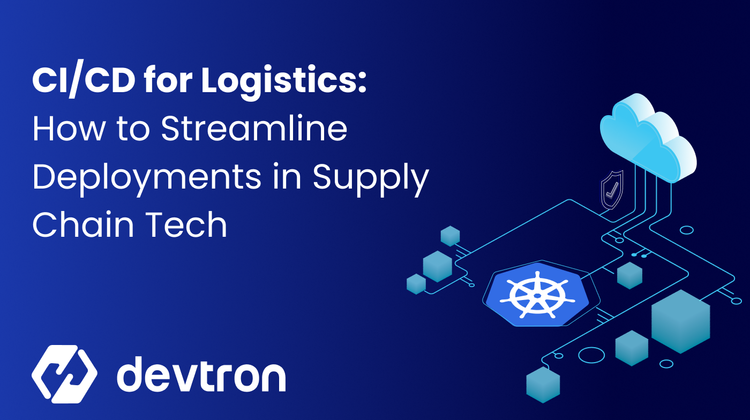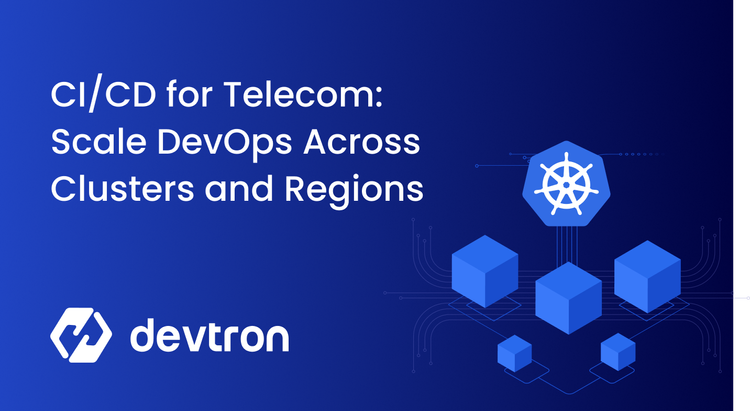In the fast-paced world of financial technology, deploying code quickly isn’t just a luxury it’s a necessity. Customers expect seamless experiences, regulators demand airtight compliance, and your infrastructure needs to be ready for anything. That’s where modern CI/CD (Continuous Integration and Continuous Delivery) pipelines come in.
Book a Demo to see how Devtron secures your deployments without slowing you down.
Why FinTech Needs a Modern CI/CD Pipeline
FinTech companies live under constant pressure: strict regulations, rapid innovation cycles, and zero tolerance for downtime. A strong CI/CD setup can help you stay ahead of the curve by:
- Automating builds and tests to reduce human error
- Deploying code updates quickly with rollback options
- Enforcing compliance through audit-ready workflows
It’s not just about speed—it’s about safe speed.
CI/CD Challenges Unique to FinTech
Unlike other industries, FinTech deals with incredibly sensitive data and strict compliance standards. These are some of the most common roadblocks:
- Compliance with regulations like PCI-DSS, SOC2, and GDPR
- Data sensitivity in transactional and user data
- Approval processes that slow down deployment speed
- Production risks where a single bug could mean regulatory fines
What a FinTech-Friendly CI/CD Pipeline Should Include
To succeed, your CI/CD strategy must include:
- GitOps workflows for version control and traceability
- Role-Based Access Control (RBAC) to prevent unauthorized changes
- Deployment windows to align with business and risk tolerance
- Security integrations like code scanning and secrets management
- Multi-cluster support to manage hybrid or regional deployments
Schedule a demo to discover how Devtron protects your deployments while keeping your workflow fast and efficient.
Your 5-Step Blueprint to FinTech-Grade CI/CD
Step 1: Design for Compliance
Build your pipeline to create logs, approvals, and traceability from day one.
Step 2: Integrate Scanning Tools
Use tools like Trivy or Snyk for vulnerability scans before shipping code.
Step 3: Enforce Deployment Rules
Use policy-as-code and deployment windows to avoid surprises.
Step 4: Enable GitOps
Keep your deployment state and history clean and auditable.
Step 5: Add Observability
Monitor logs and metrics to catch regressions or performance drops early.
Why Devtron Works So Well for FinTech Teams
Devtron wasn’t just built for Kubernetes—it was built with enterprise-grade CI/CD needs in mind. Here's how it fits right into FinTech:
- Visual Pipelines: Drag-and-drop simplicity with no compromise on flexibility.
- Built-in GitOps: Automatically sync your state with Git and roll back when needed.
- RBAC and Audit Logs: Track who did what, when, and restrict sensitive actions.
- Secrets Management: Integrates with Vault, AWS Secrets Manager, and others.
Works in Air-Gapped Environments: Deploy even in restricted networks.
A Real-World Example
One fast-growing FinTech startup used Devtron to go from manual deployments to fully automated CI/CD in less than 4 weeks. Results?
- Reduced time to market by 60%
- 100% rollback success rate
- Zero downtime during updates
Want similar Results? Let us show you how.
Conclusion: Make CI/CD Your Competitive Edge
FinTech is a high-stakes game. A modern CI/CD pipeline doesn’t just help you move fast—it helps you stay safe, stay compliant, and deliver what your customers expect.
With platforms like Devtron, you get the best of both worlds: speed and control.
FAQ
What is the role of CI/CD in FinTech compliance?
CI/CD helps enforce regulatory requirements by creating auditable pipelines, approval checkpoints, and secure environments.
How do GitOps workflows improve auditability?
They record every change in Git, making it easy to trace what was deployed and when.
Can CI/CD pipelines be secured for financial data?
Yes. Integrating tools like secrets management, vulnerability scanning, and access control ensures that sensitive data stays protected.
Book a Demo to see it in action.






